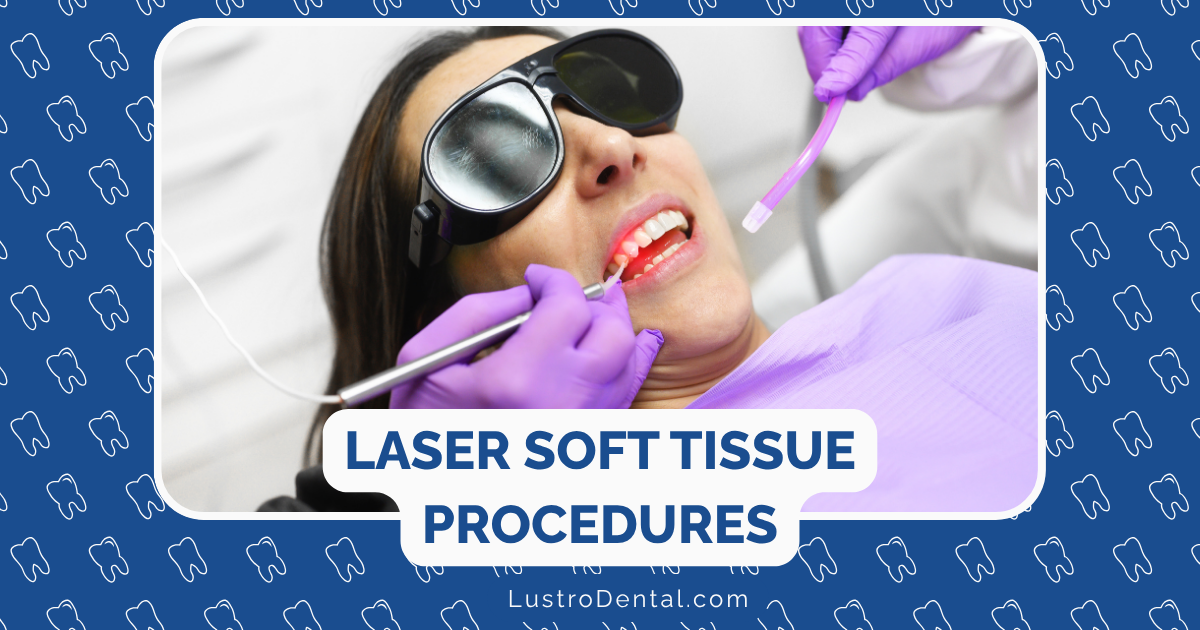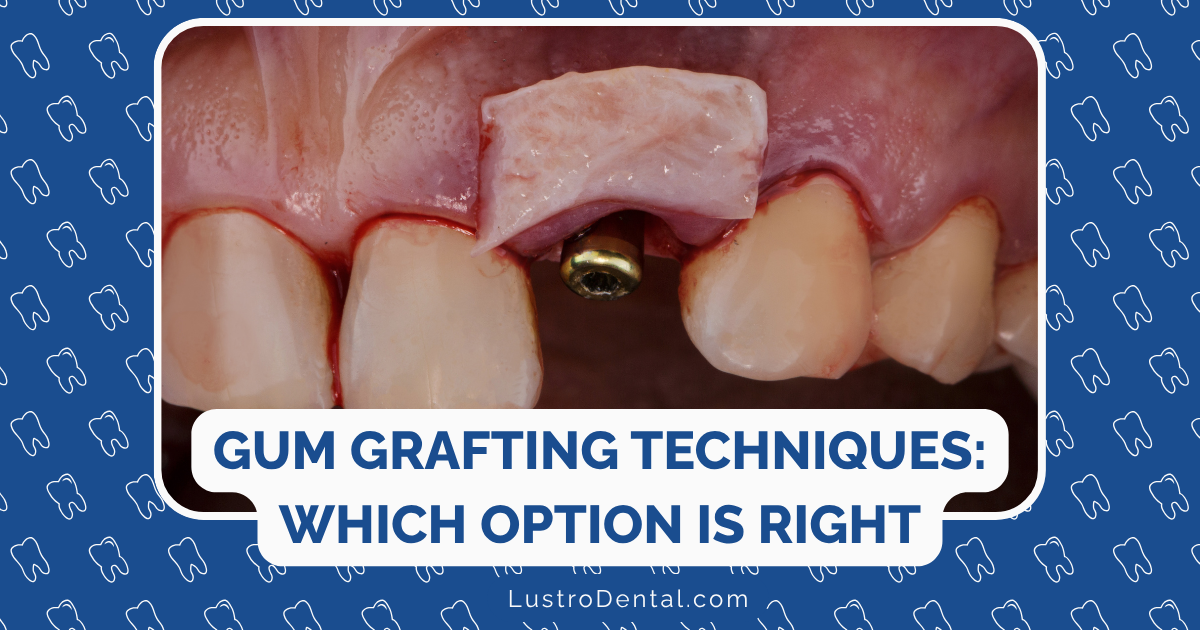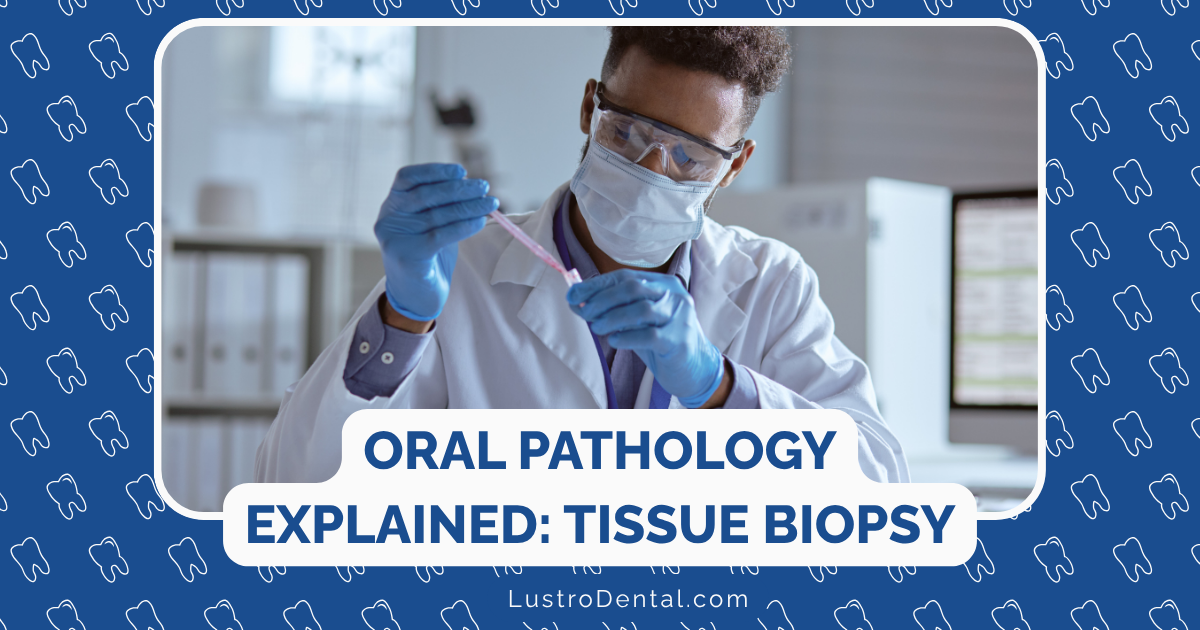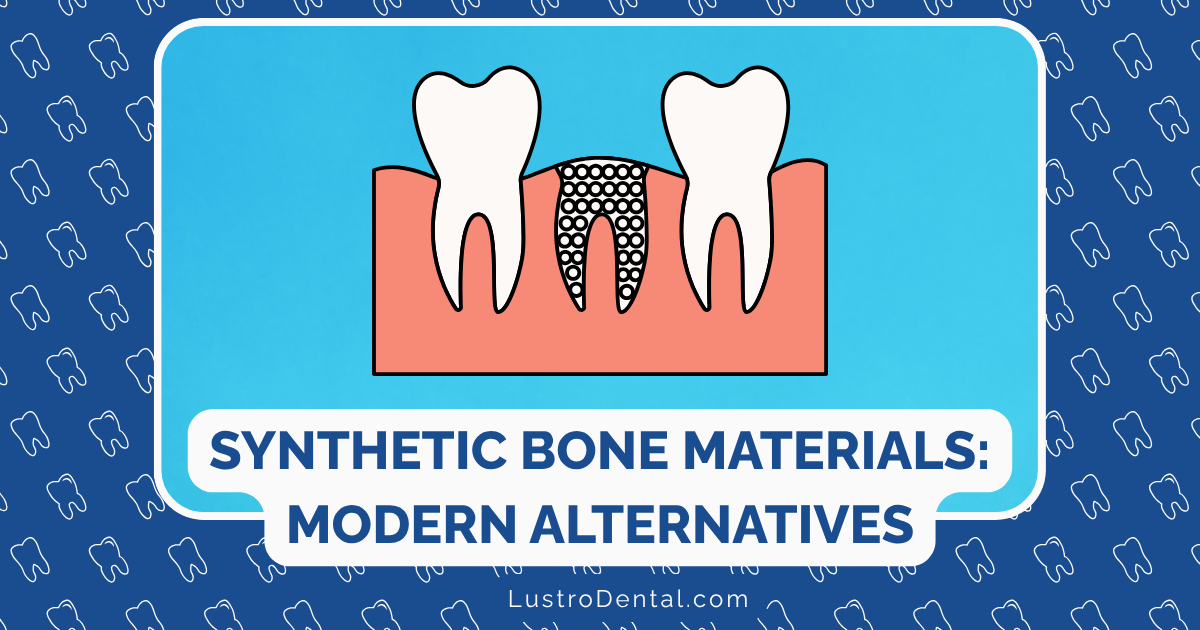Preparing for a Tooth Extraction: Steps to Take Before Your Appointment
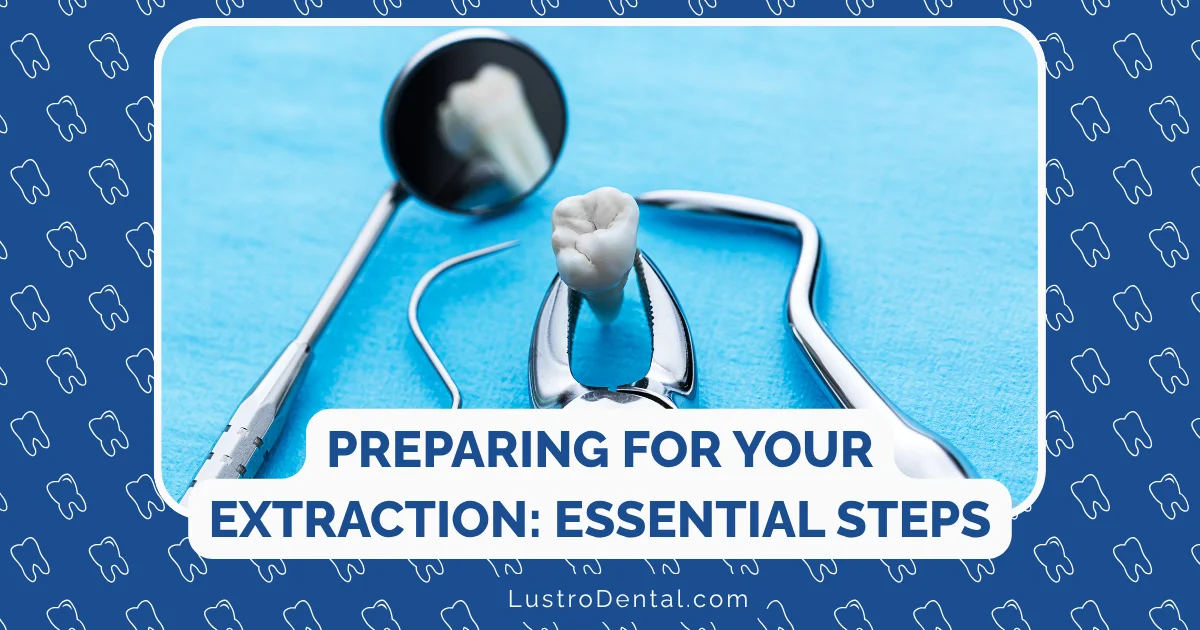
Learning that you need a tooth extraction can trigger a wave of anxiety. I’ve seen it countless times—that moment when a patient’s eyes widen at the news. But here’s what I always tell them: being prepared makes all the difference between a stressful experience and a manageable one.
As someone who’s guided many people through dental procedures, I’ve found that the preparation phase is where you can gain control over your experience. This comprehensive guide will walk you through everything you need to do before your extraction appointment, helping you feel confident and ready.
Two Weeks Before: The Planning Phase
Have an Honest Conversation with Your Dentist
The foundation of a smooth extraction experience starts with clear communication. At your consultation appointment:
- Ask detailed questions about why the extraction is necessary
- Discuss alternatives if you’re unsure about the procedure
- Clarify the type of extraction (simple or surgical) you’ll be having
- Express your anxiety levels honestly so your dentist can help manage them
Dr. Sarah Johnson of the American Dental Association emphasizes, “Patients who ask questions and understand their procedure report significantly less anxiety and better overall experiences.”
Share Your Complete Medical History
This isn’t the time to leave out details. According to the Cleveland Clinic, your dentist needs to know about:
- Heart conditions, especially congenital heart defects or history of bacterial endocarditis
- Artificial joints or implanted devices
- Liver or kidney disease
- Compromised immune system conditions
- Bleeding disorders
- Previous surgical complications
Even conditions that seem unrelated to your mouth can impact your extraction plan and recovery.
Review Your Current Medications
Create a comprehensive list of all medications you’re taking, including:
- Prescription medications
- Over-the-counter drugs
- Vitamins and supplements
- Herbal remedies
Some medications, particularly blood thinners like aspirin, warfarin, or even certain supplements like fish oil, may need to be temporarily adjusted before your procedure. Never stop any prescribed medication without consulting both your dentist and the doctor who prescribed it.
One Week Before: Practical Preparations
Plan Your Transportation
If you’ll be receiving any form of sedation beyond local anesthesia, you’ll need someone to drive you home afterward. According to the Oral Surgery Group, this person should:
- Accompany you to the office
- Remain during the procedure
- Be able to drive you home and stay with you for a few hours
This isn’t just a recommendation—it’s typically a requirement, as practices won’t perform sedation procedures without confirmed transportation arrangements.
Check Your Insurance Coverage
Dental procedures can be costly, and surprise bills only add to your stress. Take time to:
- Contact your insurance provider about coverage details
- Ask your dental office for a cost estimate, including any potential additional procedures
- Inquire about payment plans if needed
- Prepare for any expected out-of-pocket expenses
Many practices, like Perfect Smiles Dental, recommend reviewing your insurance policy to understand coverage limitations before your procedure.
Stock Up on Recovery Supplies
Prepare your home for a comfortable recovery by purchasing:
- Soft foods like yogurt, applesauce, smoothie ingredients, soups, and mashed potatoes
- Cold packs for managing swelling
- Extra gauze pads (though your dentist will provide some)
- Over-the-counter pain relievers (as recommended by your dentist)
- Entertainment options for your rest period
Having these items ready means you won’t need to make a last-minute shopping trip while dealing with post-extraction discomfort.
48 Hours Before: Lifestyle Adjustments
Modify Smoking and Alcohol Habits
Both smoking and alcohol can significantly impact your healing process:
- Smoking: Try to stop smoking at least 24 hours before your procedure (longer if possible). Smoking restricts blood flow, slows healing, and significantly increases your risk of painful complications like dry socket.
- Alcohol: Avoid alcohol for at least 48 hours before your extraction. Alcohol can thin your blood and interact with medications, including anesthesia.
According to a study published in the Journal of the American Dental Association, patients who smoke have a 29% higher risk of complications following extractions.
Adjust Your Diet
While there’s no need for major dietary changes days before your procedure, consider:
- Eating nutritious meals rich in vitamin C and protein to support your immune system
- Staying well-hydrated in the days leading up to your appointment
- Avoiding very hard, crunchy foods the day before your extraction to prevent any last-minute dental issues
The Day Before: Final Preparations
Confirm Your Fasting Requirements
If you’ll be receiving sedation, you’ll likely need to fast before your procedure:
- General anesthesia or IV sedation: Typically no food or drink for 8-12 hours before
- Nitrous oxide (“laughing gas”): Usually no food or drink for 3 hours before
- Local anesthesia only: Fasting may not be required, but light eating is often recommended
Always follow the specific instructions provided by your dental office, as requirements vary based on the type of sedation and the time of your appointment.
Prepare Your Home
Set up a recovery area with:
- Extra pillows to keep your head elevated
- Entertainment within easy reach
- Tissues and a small trash can nearby
- A clean towel (in case of light bleeding)
- A phone charger
- Water bottle with a lid (no straws!)
Get a Good Night’s Sleep
Adequate rest before your procedure helps:
- Reduce anxiety
- Support your immune system
- Improve your body’s response to anesthesia
Try to get to bed early and practice relaxation techniques if you’re feeling nervous.
The Morning of Your Extraction
Personal Hygiene Considerations
- Brush and floss gently but thoroughly (unless instructed otherwise)
- Avoid mouthwash containing alcohol
- Skip perfumes, colognes, or scented lotions as these can be irritating in a clinical setting
- Remove contact lenses if you’ll be receiving sedation
- Leave jewelry at home
Dress Appropriately
According to Texas Oral Surgery Group, comfort should be your priority:
- Wear loose-fitting, comfortable clothing
- Choose short-sleeved shirts if you’ll be receiving IV sedation
- Opt for flat, secure shoes
- Avoid excessive makeup or lipstick
- Tie back long hair
Arrive Early
Plan to arrive 15 minutes before your scheduled appointment to:
- Complete any remaining paperwork
- Ask last-minute questions
- Use the restroom
- Take a moment to relax and center yourself
Special Considerations
For Patients with Dental Anxiety
If you experience dental anxiety, consider these additional preparation steps:
- Discuss sedation options during your consultation
- Practice deep breathing techniques before your appointment
- Bring headphones for music or podcasts (if your dentist allows)
- Consider bringing a stress ball or other comfort item
- Ask about signal systems to communicate with your dentist during the procedure
For Patients with Medical Conditions
Those with certain medical conditions may need additional preparation:
- Diabetes: Monitor your blood sugar closely before your appointment
- Hypertension: Take blood pressure medications as directed unless told otherwise
- Heart conditions: Your dentist may prescribe preventative antibiotics
- Pregnancy: Special positioning and treatment modifications may be necessary
Always consult with both your medical doctor and dentist about specific preparations related to your condition.
Final Thoughts
Remember that tooth extraction is one of the most common dental procedures performed. Your dental team has likely guided hundreds, if not thousands, of patients through this exact process.
By taking these preparation steps, you’re not just making the procedure easier for your dental team—you’re creating the conditions for your own comfort and swift recovery.
Have you had a tooth extraction before? What preparation steps helped you the most? Share your experiences in the comments below to help others in our community prepare for their upcoming procedures.


